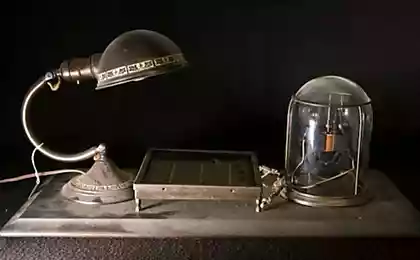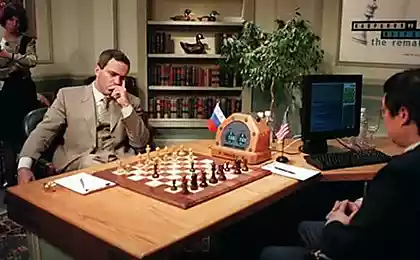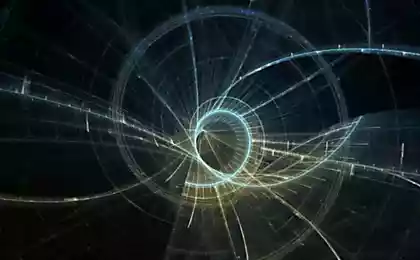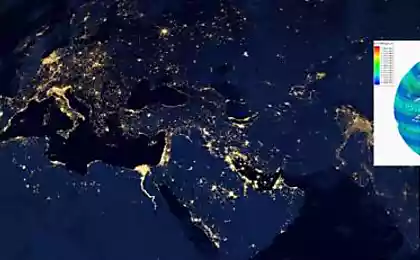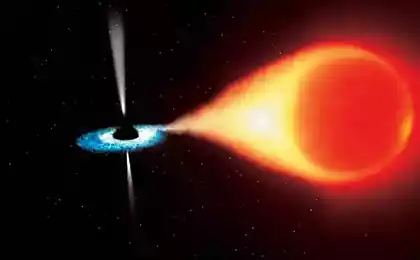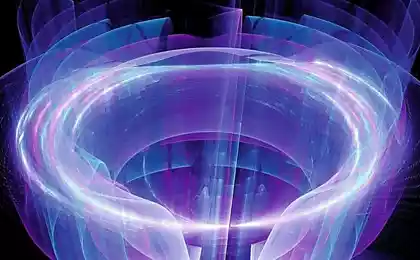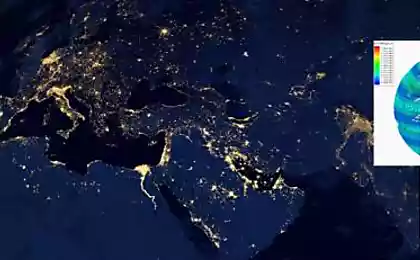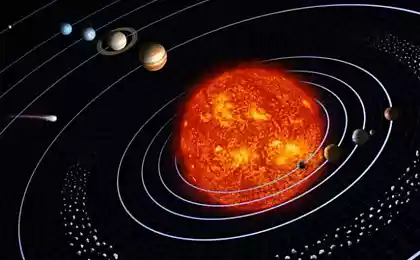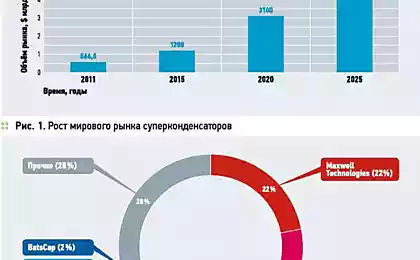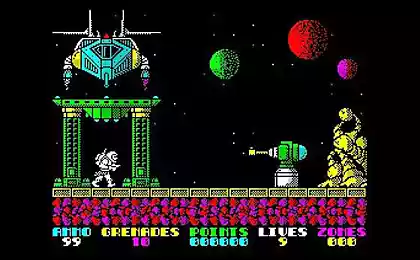419
Scientists have developed a computer chip that uses a million times less energy
In 1961, Rolf Landauer of IBM formulated the principle, which was later named in his honour: in any computing system, regardless of its physical realization, the loss of 1 bit of information generates heat in the amount of at least W joules:
W = kB T ln 2,
where kB is the Boltzmann constant, T is the absolute temperature of the computing system in Kelvins.
Physicists from the University of California at Berkeley managed to conduct a successful experiment with bit operations in magnetic memory and get close to this theoretical limit.
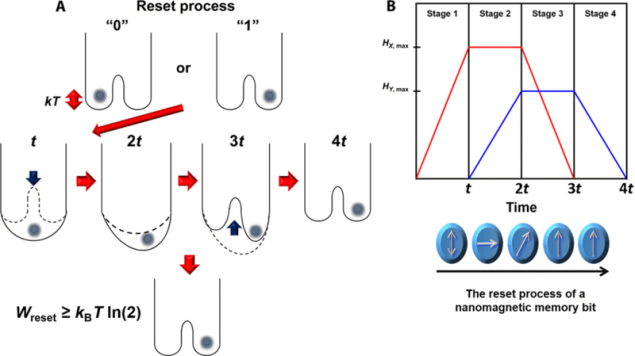
March 11, 2016 in the journal Science Advances published in an open access scientific paper describing the experiment, in which physicists have tested the physical properties of magnetic memory bits, in which the role of zeros and ones is played not by the electrons, and the state of magnetization of small nanoparticles. It was assumed that the change of direction of magnetization of the particles would require a very small amount of energy.
The experiment showed that the writing and reading of one bit of information with magnetized nanoparticles are spent only 4 zeptojoule (4*10-21 j), which is about a million times less than is spent on processing of one-bits in modern computers.
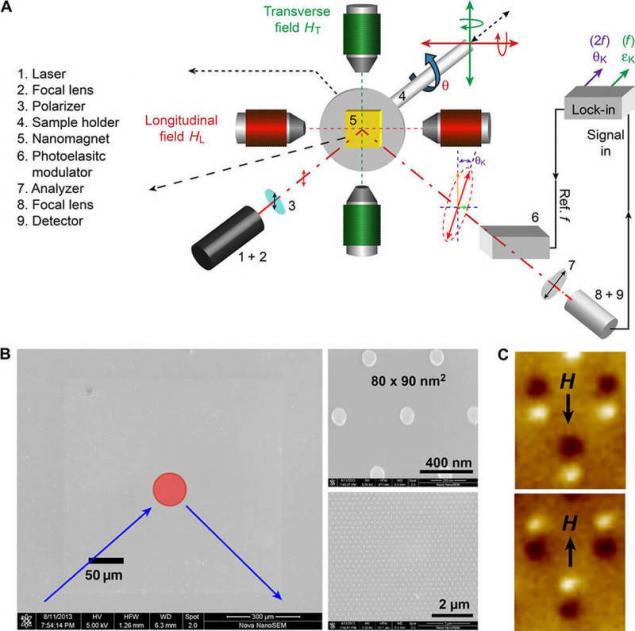
The experimental setup and photos of nanomagnets separate single domain with a different magnetization direction
"The main problem in the development of modern computers, and, in principle, all the existing electronics are Energocapital these devices. Increase the speed of operation of transistors requires more and more energy. Chips become so hot that they literally melt while you work," said Jeffrey Bokor (Jeffrey Bokor), one of the authors of scientific work.
According to the calculations, the resulting value of the cost of energy close to the theoretical minimum of Landauer's principle.
Reduce energy consumption of computers a million times, of course, would be a very significant achievement. For example, powerful computers could operate from small solar cells. published
P. S. And remember, only by changing their consumption — together we change the world! ©
Join us in Facebook , Vkontakte, Odnoklassniki
Source: geektimes.ru/post/272562/
W = kB T ln 2,
where kB is the Boltzmann constant, T is the absolute temperature of the computing system in Kelvins.
Physicists from the University of California at Berkeley managed to conduct a successful experiment with bit operations in magnetic memory and get close to this theoretical limit.

March 11, 2016 in the journal Science Advances published in an open access scientific paper describing the experiment, in which physicists have tested the physical properties of magnetic memory bits, in which the role of zeros and ones is played not by the electrons, and the state of magnetization of small nanoparticles. It was assumed that the change of direction of magnetization of the particles would require a very small amount of energy.
The experiment showed that the writing and reading of one bit of information with magnetized nanoparticles are spent only 4 zeptojoule (4*10-21 j), which is about a million times less than is spent on processing of one-bits in modern computers.

The experimental setup and photos of nanomagnets separate single domain with a different magnetization direction
"The main problem in the development of modern computers, and, in principle, all the existing electronics are Energocapital these devices. Increase the speed of operation of transistors requires more and more energy. Chips become so hot that they literally melt while you work," said Jeffrey Bokor (Jeffrey Bokor), one of the authors of scientific work.
According to the calculations, the resulting value of the cost of energy close to the theoretical minimum of Landauer's principle.
Reduce energy consumption of computers a million times, of course, would be a very significant achievement. For example, powerful computers could operate from small solar cells. published
P. S. And remember, only by changing their consumption — together we change the world! ©
Join us in Facebook , Vkontakte, Odnoklassniki
Source: geektimes.ru/post/272562/

